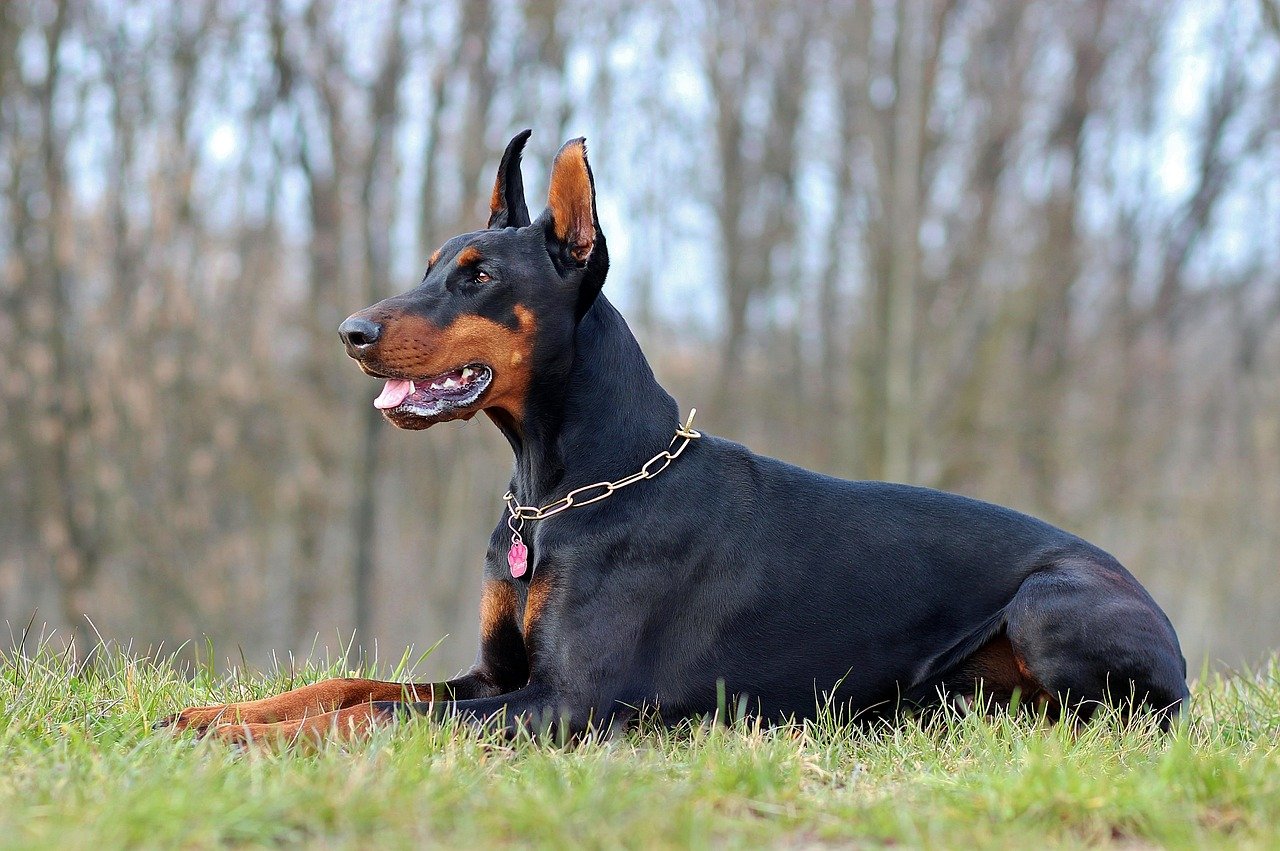Owning a guard dog sounds like a glamorous and secure idea to many. The thought of having a loyal companion protecting your home and family is indeed appealing. However, the reality of owning such a dog is not as simple as it seems. Guard dogs are not just pets; they are working animals with specific needs and responsibilities that may not suit everyone. Here are 12 reasons why owning a guard dog might not be the best choice for some people.
High Maintenance Requirements
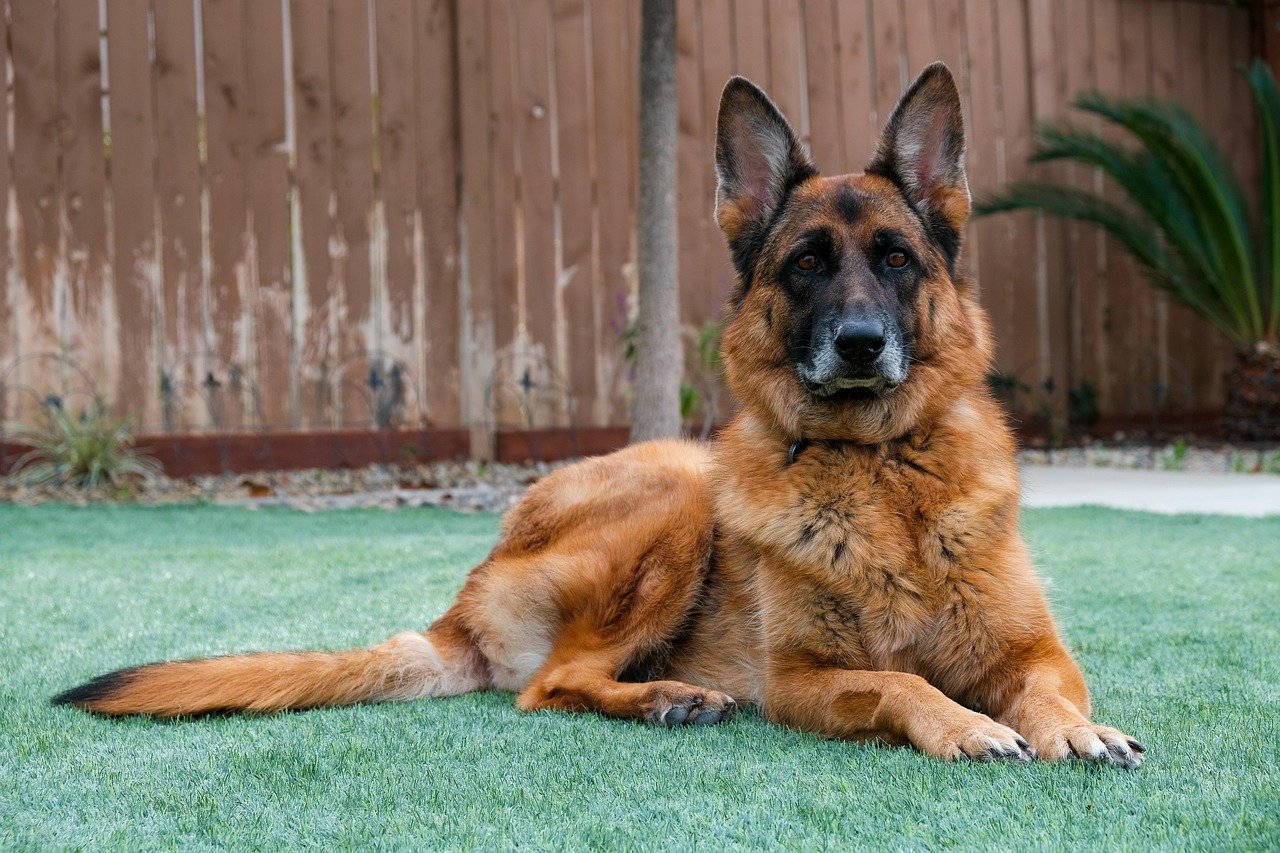
Guard dogs often require more maintenance than regular pets. These dogs need consistent grooming, regular veterinary check-ups, and specialized training sessions. It’s not just about feeding and walking them; there’s a whole lifestyle commitment involved. If you’re someone with a busy schedule or limited resources, maintaining a guard dog can become overwhelming. Unlike a low-maintenance pet like a goldfish, these dogs demand your time and attention consistently.
Specialized Training Needs
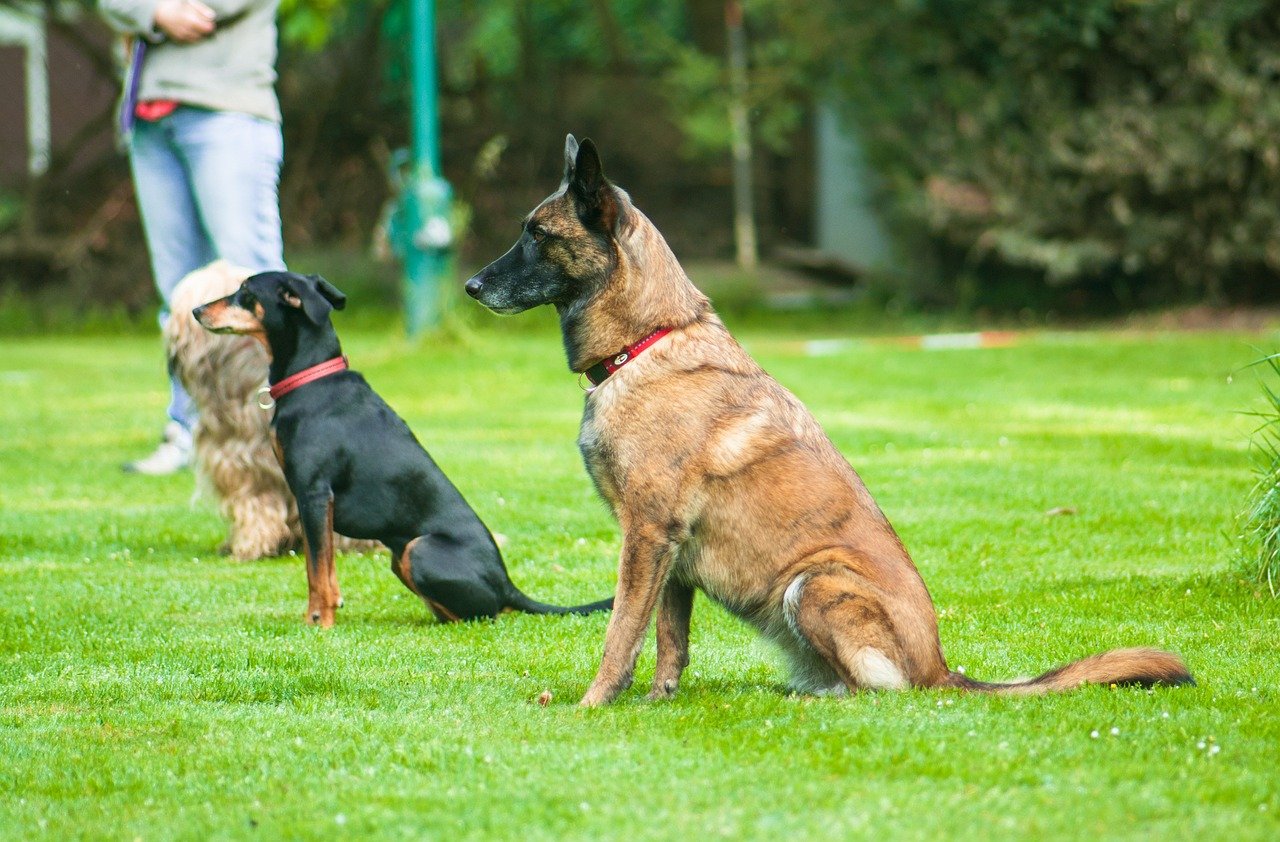
Training is an essential aspect of owning a guard dog. Simply having a dog that looks intimidating is not enough. These dogs need to be trained to discern between friend and foe, respond to commands, and act appropriately in various situations. This training is not a one-time event but an ongoing process. If you lack the time, skills, or funds to invest in proper training, owning a guard dog can become a liability rather than a protection.
Legal Restrictions and Responsibilities

Different regions have specific laws regarding the ownership of guard dogs. Some areas require licenses, insurance, or even prohibit certain breeds altogether. As an owner, you’ll need to familiarize yourself with these legalities and ensure compliance. Failing to adhere to these regulations can lead to fines, lawsuits, or even the confiscation of your dog. Navigating these legal waters can be daunting, especially for first-time dog owners.
Potential Liability Issues
Owning a guard dog comes with potential liabilities. If your dog bites someone, you could be held legally responsible. Even if the dog was acting in defense, the consequences can be severe. You may face legal battles, financial penalties, and a tarnished reputation. This risk is something every potential guard dog owner must consider seriously.
High Energy Levels
Guard dogs are often breeds with high energy levels. They require plenty of exercises to stay healthy and happy. Without sufficient physical activity, these dogs can develop behavioral issues, becoming destructive or aggressive. If you don’t have the time or energy to provide daily exercise and engagement, a guard dog may not be the right fit for you. Imagine having a sports car but never taking it out for a spin; it would be a waste of its capabilities.
Socialization Challenges
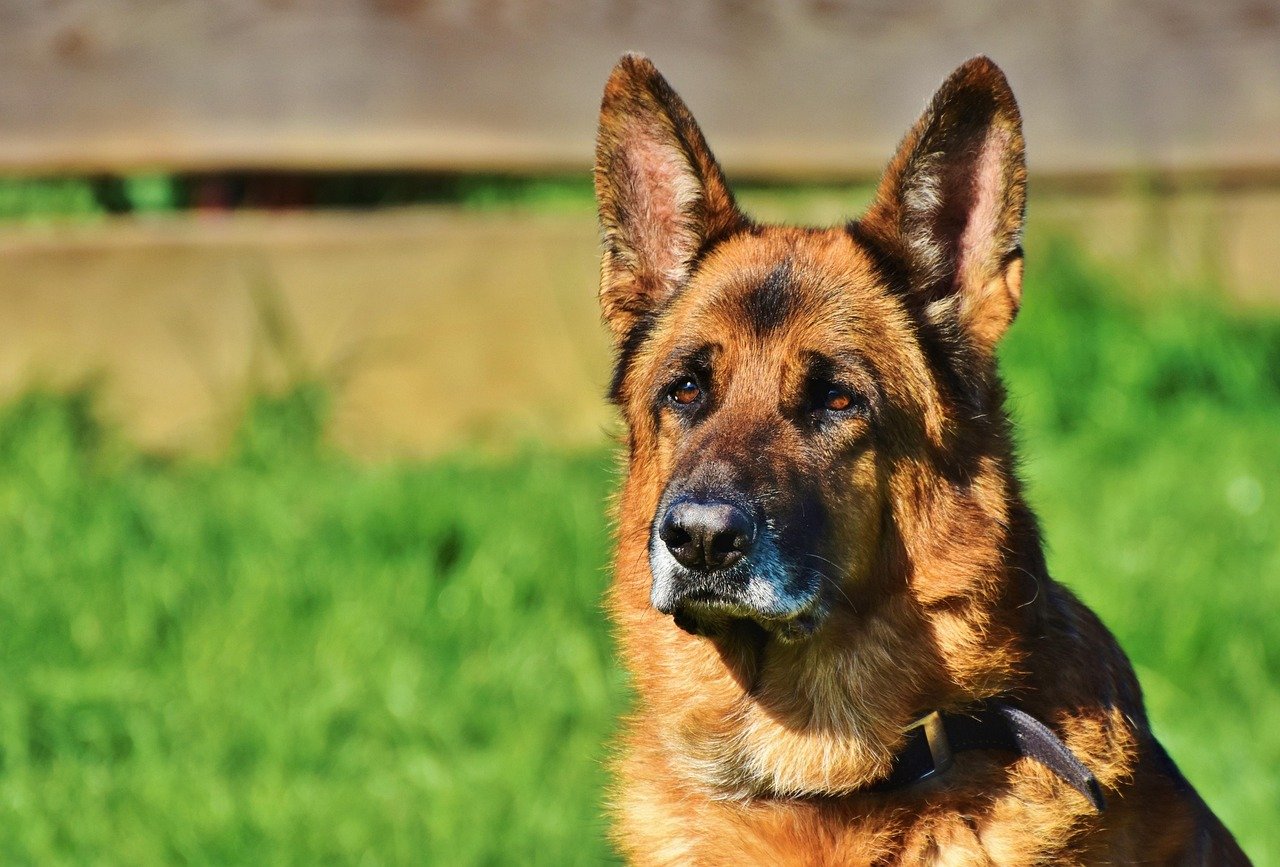
Socializing a guard dog is crucial yet challenging. They need to be comfortable around people and other animals without losing their protective instincts. This balance is not easy to achieve and requires consistent effort and exposure. If you’re not prepared to put in the work to socialize your dog properly, you might end up with an animal that’s either too aggressive or too timid, neither of which is ideal.
Emotional Commitment

Dogs are not just pets; they’re family members. A guard dog will form strong bonds with its owner, requiring emotional commitment and understanding. These dogs thrive on companionship and can suffer from anxiety if left alone for extended periods. If you’re not ready to invest emotionally in your pet, owning a guard dog can lead to a strained relationship and an unhappy dog.
Financial Investment
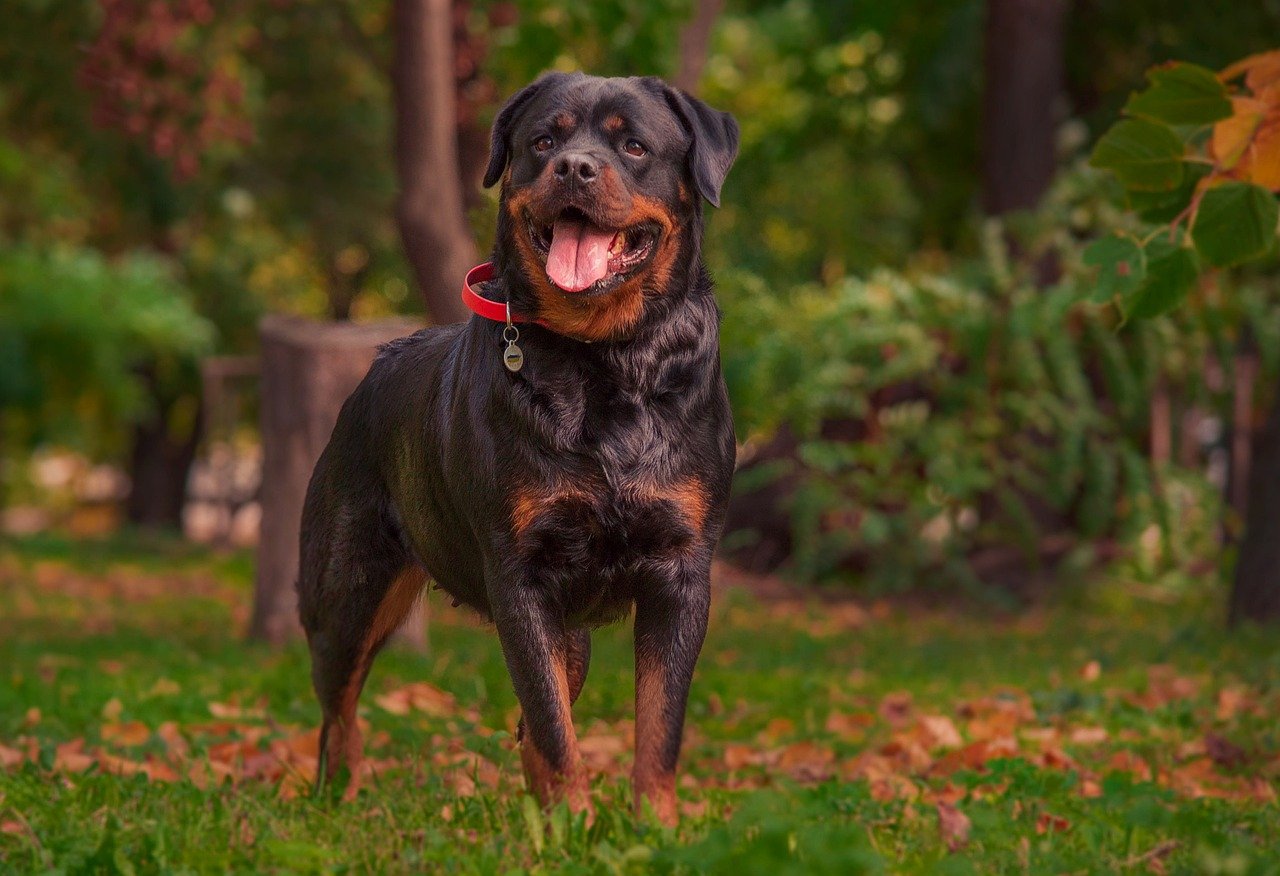
The cost of owning a guard dog extends beyond the initial purchase price. Veterinary bills, training fees, food, grooming, and insurance are just a few expenses you need to consider. These costs can add up quickly, making a guard dog an expensive commitment. If you’re not financially prepared, the burden of ownership can lead to stress and regret.
Space Requirements
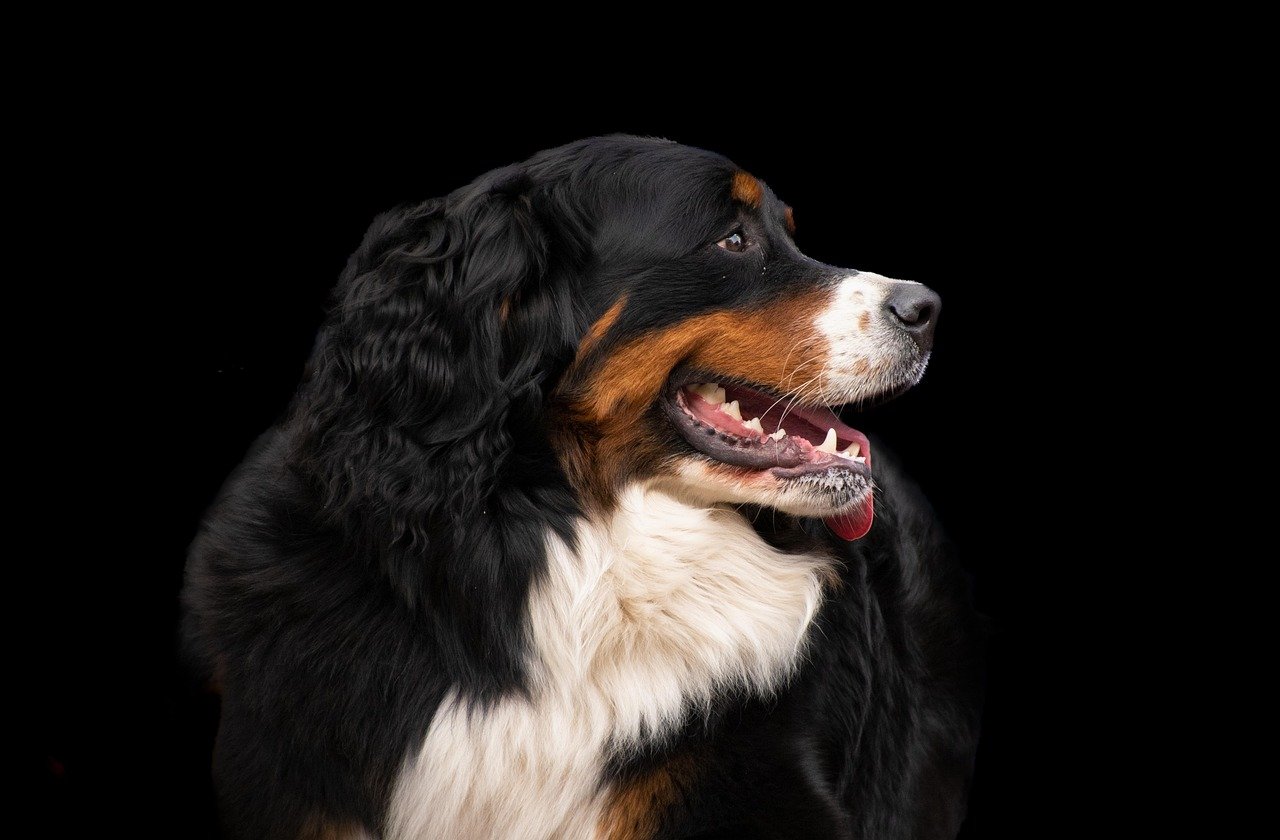
Guard dogs are typically larger breeds that require ample space to move and play. Living in a small apartment or a house without a yard may not provide the environment these dogs need. Lack of space can lead to frustration and behavioral problems. If your living situation doesn’t accommodate a large, active dog, it might be best to reconsider your decision.
Impact on Lifestyle
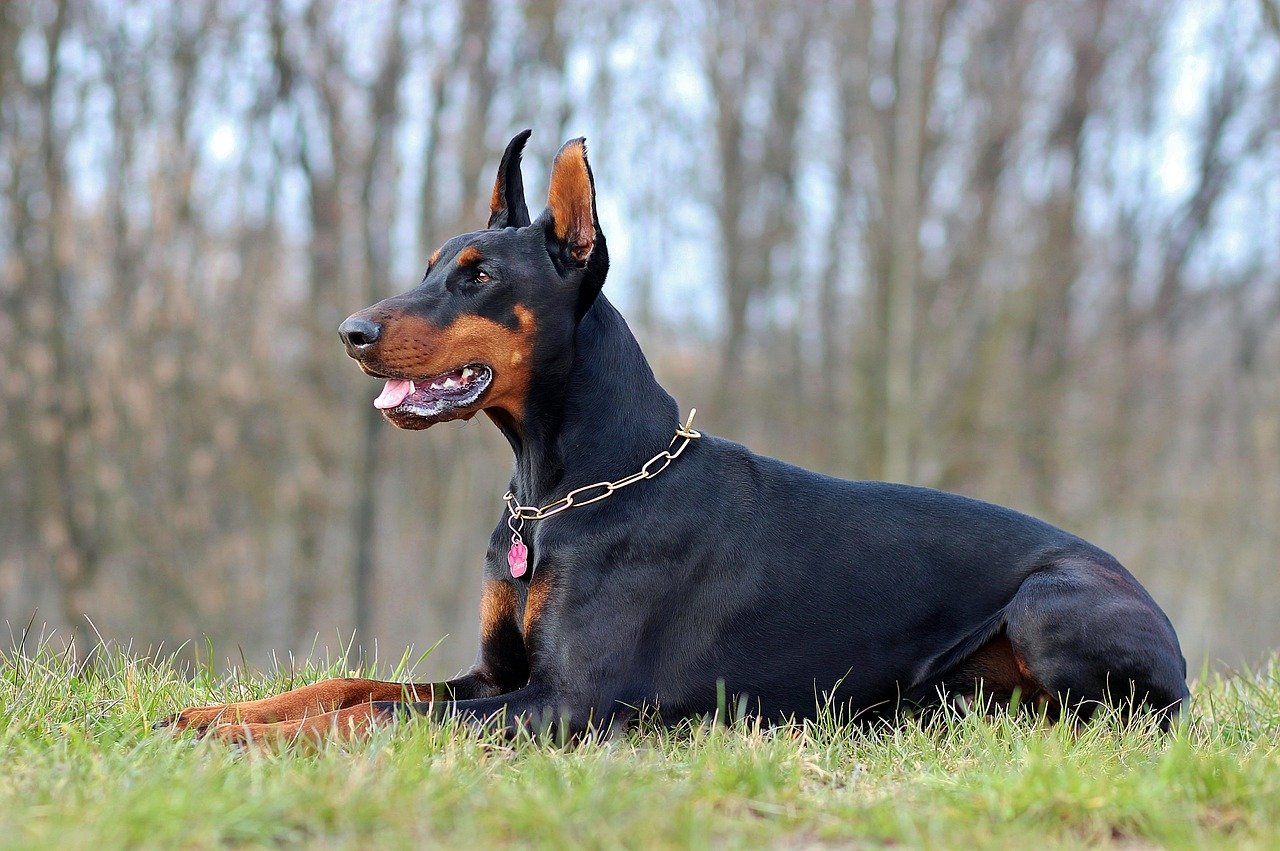
Owning a guard dog can significantly impact your lifestyle. You’ll need to plan your schedule around their needs, including feeding, training, and exercise. Spontaneous trips or long work hours may no longer be feasible. If you value flexibility and freedom, a guard dog might be more of a constraint than a companion.
Compatibility with Other Pets
If you already have pets, introducing a guard dog can be complicated. These dogs may not always get along with other animals, leading to tension and conflict in your home. Ensuring compatibility requires careful introduction and supervision, which can be time-consuming and stressful. If your current pets are not used to sharing their space, a guard dog might disrupt the harmony.
Not Ideal for First-Time Owners
Guard dogs are not recommended for first-time dog owners. Their complex needs and responsibilities require experience and understanding of canine behavior. Without prior experience, you might struggle to provide the structure and leadership these dogs need. For a first-time owner, a guard dog can quickly become overwhelming and unmanageable.
Owning a guard dog is a significant commitment that requires careful consideration. While they offer protection and companionship, they also come with responsibilities that may not suit everyone. Understanding these challenges is crucial before deciding to bring a guard dog into your life.

Andrew Alpin from India is the Brand Manager of Doggo digest. Andrew is an experienced content specialist and social media manager with a passion for writing. His forte includes health and wellness, Travel, Animals, and Nature. A nature nomad, Andrew is obsessed with mountains and loves high-altitude trekking. He has been on several Himalayan treks in India including the Everest Base Camp in Nepal.

